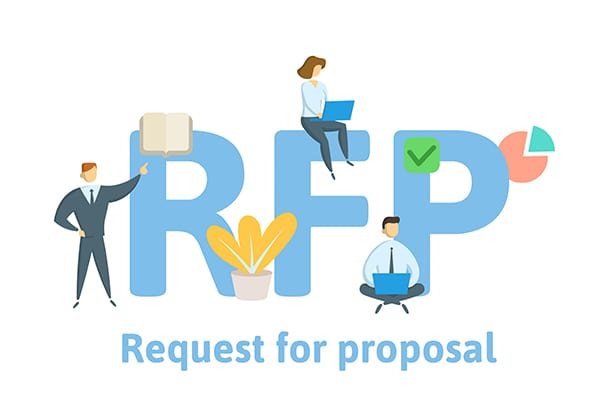
Compensate your sales team for 100% of ecommerce sales (as if they placed the order with the salesperson)
Pro’s:
- Sales teams will be motivated to promote the use of your ecommerce channel and they will be freed to chase new accounts instead of spending their time as order-takers
- Tracking commissions will be simple
Con’s:
- Potentially less profit than a reduced or variable compensation rate
- Less ability to gauge the ROI of the ecommerce site
Weight ecommerce sales differently than direct sales
Pro’s:
- Allows variability of ecommerce compensation (e.g. 100% of sales within a territory, 50% for sales in a nearby, uncovered territory, etc.)
- Business can retain more profit by avoiding overcompensating sales reps
Con’s:
- More work for finance to sort out commissions
- The weighted commissions could lead to sales department targeting the opportunities that create more commission
Incentivize reps for customers that setup ecommerce accounts and first sale (this could be an extension of another plan and not a mutually exclusive approach)
Pro’s:
- Adoption of ecommerce will increase
- Business will see increased profit from ecommerce
Con’s:
- After initial adoption, not highly motivating for sales team
- Potential for reduced long-term usage of the ecommerce site
Assign commissions to product lines specifically for ecommerce sales. Products that need to be replaced and require repeat purchases would be a great example (I.e. - Parts)
Pro’s:
- Businesses can target product lines that would generate more profit
- Sales reps can focus on higher dollar opportunities
Con’s:
- As the business changes, product lines change as do revenue streams
- This will require additional reporting and reviews to ensure success as new product lines are added/removed (i.e. – a lot of communication with sales leadership)
Unfortunately, after a few years at the printer/copier company, I was let go. I often wondered if my approach, prioritizing selling used, led to me not making the cut. Financially, I had done quite well but my numbers for new products were often short. How could I apply what I learned from my experience in that world and apply it to the business challenges an ecommerce company faces? Building a sales compensation strategy is essential for any business. Creating a sales compensation strategy that incorporates an ecommerce channel is critical. Architecting a commission structure for ecommerce can be approached in many ways; the most valuable step you can take to safeguard success is involving leadership across all departments. Sales teams are a key component to the success of your ecommerce channel; properly motivated and your sales team and ecommerce will flourish.


